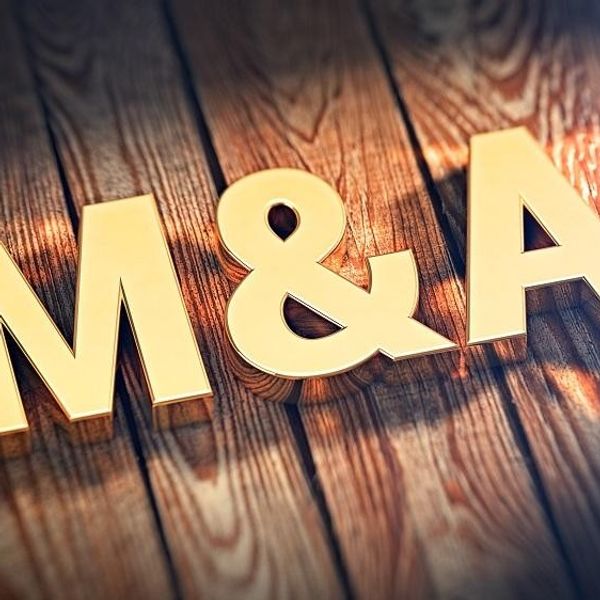Build Your Business – Part 2
Send Lynette a Confidential E-Mail
So you want to be an entrepreneur?
Millennials have a distinct advantage over older adults because there’s less desire for the old-style ‘security’ trappings of a major company career. Previous generations experienced deep desires to be part of behemoth patriarchal corporate entities.
Now we know: It’s crazy to believe any business will be here to provide a pension for you. Ask former employees of Enron, Countrywide, Lehman Brothers. Or IBM employees, who planned their futures based on anticipated retirement after 30 years, only to have their jobs eliminated after working twenty-plus years. With a constricted job market, finding work has proved impossible; their retirement income will be much lower than planned; and their unemployment insurance has been eliminated. We don’t have accurate records reflecting how many people are in a similar position today. Some estimate millions.
I started out to write an entrepreneurial series on overcoming financial adversity, as the economy mires in a sinkhole pattern with parts of the country seriously devastated. Then I realized the same principles of entrepreneurship apply, whether you’re doing a Phoenix rising from ashes routine or you simply want to work for yourself.
Millennials came of age in an era punctuated by destruction. As they were figuring out their high school curriculum, the dotcom boom went bust. Then 9/11 shook the country. President George W. Bush led the nation into wars of choice – the longest wars in the history of the U.S. Last week, I heard a millennial say that a friend of his, who works for a major oil company, is “working for the man.” Harkening back to the rebellious attitudes of the 1960s, he meant his friend is beholden to a big, honkin’ authority figure. By seeking opportunities to be self-employed from early in their careers, this generation seems to be doing their best to avoid ‘working for the man’. Who could blame them after 'the man' has turned out to be less than reliable as a job security blanket?
Flip side: Entertainment media has often portrayed young people as effortlessly successful during the same years when companies, systems, and structures have failed. Self-employment is represented as uber desirable, glamorous, sexy, and amazingly easy. Everyone who has started and managed a growing business will tell you they work long hours and their enterprise ‘owns’ them. That’s the stuff you rarely see in a 30 minute sitcom or 110 minute feature film.
The legal process of forming a small company has been simplified by secretaries of state in most states, making the paperwork easy to accomplish. And fees have been reduced in many states. This encourages entrepreneurs to incorporate or form limited liability companies. Since web sites have replaced costly brochures as the marketing preference du jour, savvy millennials can create a site or get a friend to develop it for them. And you can sign up to use online financial records services from Intuit. With a compelling idea and a few hundred dollars, most anyone can be the CEO of their own legit corporation in a week or two. Then the real work starts – earning enough income to pay yourself and support your business expenses.
If none of that dissuaded you, decide what you want your business to be. Do you have a long-term dream you want to grow? Or is there a short-term need you can tap into? There’s an old school attitude that companies must be built to last or they’re lacking in validity. What a ridiculous perspective.
I live on the Gulf Coast along with way too much oil. One of our traditional dishes of the area is gumbo, a spicy stew made from the delicious Gulf seafood we no longer eat because we’re concerned about the effect of the toxic dispersant on fish. Bill Harrison, an artist in Fairhope, Alabama, designed a line of ‘Save Our Gumbo’ products. All profits support SOS Save Our Shores since local communities must take action to protect waterways, marshes, wetlands, and estuaries from the oil. While Bill Harrison’s product line is selling rapidly, it will be obsolete as soon as the oil spill stops. Does that make it any less viable as a business? Of course not.
In the next column, I’ll discuss evaluating your opportunities.



